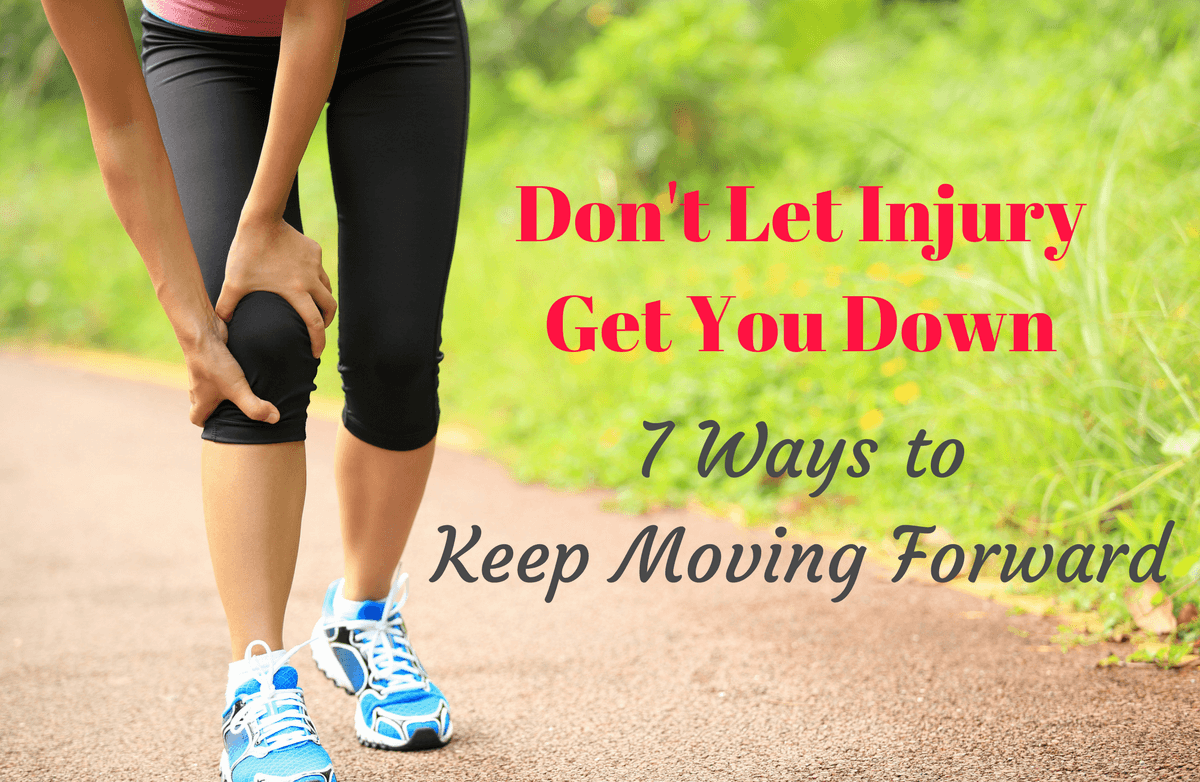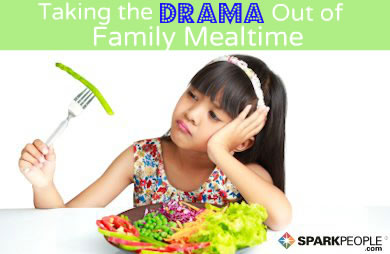|
When you think of someone with an eating disorder, the typical stereotype probably comes to mind: female in high school or college who is a perfectionist and overachiever. Although part of that description might be accurate, eating disorders don't affect just the young. Of the over 10 million people who suffer from some kind of disordered eating (anorexia, binge eating, bulimia, etc.) the percentage of middle-aged women is rising. Eating disorders tend to be triggered by life changes. In young people, those changes are usually things like going off to college or changes in friendships and social relationships. In older adults, it could be a divorce or kids moving out of the house. The lack of control in those areas of life leads to a fixation on things that can be controlled- like food. It's also hard to ignore the affect the media has on these trends. I have to chuckle at shows like the "Real Housewives". Not much about them seems real to me, but they are middle-aged women who are beautiful, thin, successful and seem to have it all. It would be hard for anyone to live up to that standard, but some women feel pressure to try. I have a family member who is about to turn 60, and I believe she has an eating disorder. She'd never recognize that her calorie restrictive diet, excessive exercise and obsession with looking young aren't normal. She thinks it's just all part of the aging process. When we've tried to bring it up with her in the past, she dismisses our concerns. I don't think her life is in danger, but I do think she's an unhealthy example for anyone around her. Many middle-aged women are able to hide their disorder because they seem to function normally in their everyday lives, so the numbers of them could actually be much higher than we know. Those people who don't know my family member would think she's just a small lady who doesn't have a big appetite. In fact, I've had others comment to me about how cute she is and how they wished they looked more like her. If only they knew the truth. It's easy to assume that if you don't have a traditional eating disorder like anorexia or bulimia, you must be fine. There are all kinds of eating disorders, and having an unhealthy relationship with food is part of that. Binge eating, punishing yourself with excessive exercise for eating too much or never being happy with your body, regardless of size, can all be considered disordered behaviors. What starts out as a simple plan to eat healthy and exercise regularly can turn into an unhealthy problem. To learn more about the signs of disordered eating, check out What is "Normal" Eating? and Recognizing Eating Disorders and Getting Help. What do you think? |
Popular Entries
Related Entries
More From SparkPeople
|






















